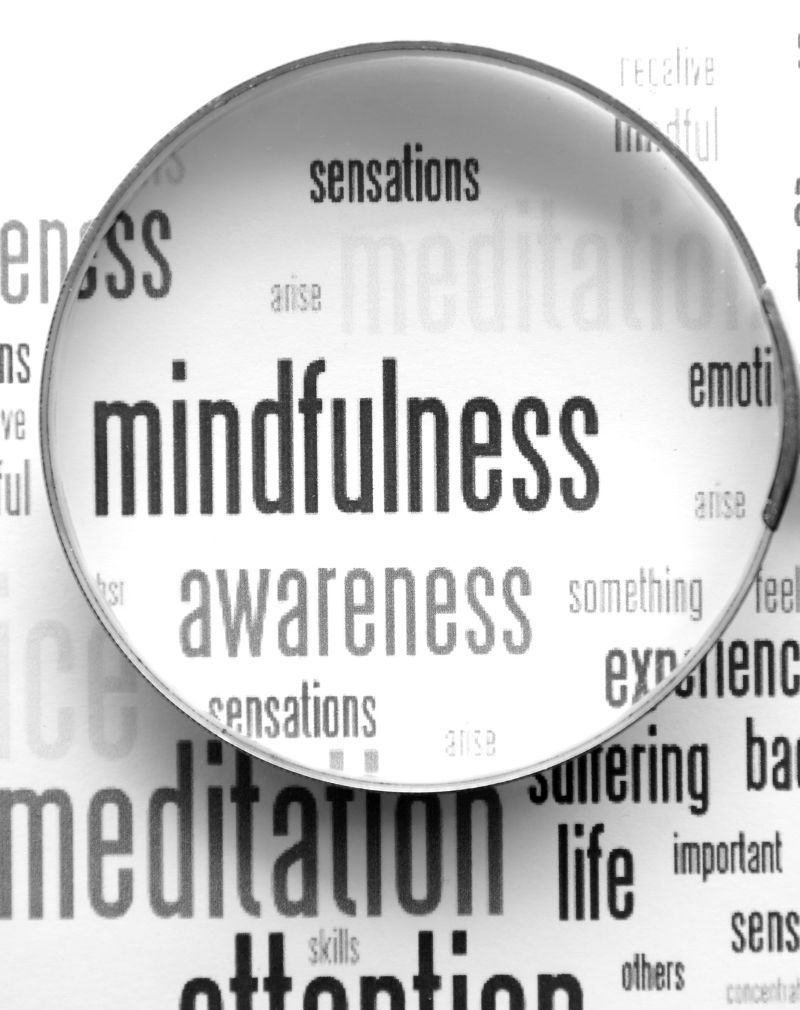In an age where the buzz of notifications and the glare of screens dominate our daily lives, finding moments of peace can seem elusive. The modern era, with all its technological advancements, has inadvertently ushered in a host of mental and emotional health challenges. Stress, anxiety, and a sense of disconnection are commonplace, affecting adults and children alike. Amidst this backdrop, mindfulness emerges as a powerful tool, offering a respite from the chaos and a pathway to a more grounded and fulfilling life.
This blog delves into the powerful role mindfulness plays in enhancing mental and emotional health today. We’ll explore how mindfulness practices impact child psychology, setting the stage for a brighter future, and examine how embracing mindful living can transform family dynamics, fostering deeper connections and well-being.
The Role of Mindfulness in Modern Mental and Emotional Health
At its core, mindfulness is the practice of intentionally focusing one’s attention on the present moment with an attitude of openness and non-judgment. Originating in ancient times and emphasized across all religious teachings and guidance, meditation—a form of mindfulness—has been highlighted for its effectiveness and has shown positive direct and indirect effects on mental and physical health.
Combatting the Modern Stress Epidemic
The World Health Organization has identified stress as the health epidemic of the 21st century. Chronic stress contributes to a myriad of health problems, including heart disease, depression, and weakened immune function. Mindfulness practices have been shown to reduce the physiological markers of stress, such as cortisol levels, by activating the body’s relaxation response.
Enhancing Emotional Regulation
Emotions can be overwhelming, especially when not managed effectively. Mindfulness teaches individuals to observe their emotions without immediately reacting. This observational stance allows for a pause between stimulus and response, leading to more considered actions and reducing impulsivity.
Improving Mental Health Outcomes
Research has consistently demonstrated the efficacy of mindfulness-based interventions in treating mental health conditions. Mindfulness-Based Cognitive Therapy (MBCT), for example, is an evidence-based treatment that combines mindfulness practices with cognitive therapy techniques to prevent relapse in individuals with recurrent depression.
Boosting Cognitive Function
Mindfulness not only soothes the mind but also sharpens it. Regular mindfulness meditation has been linked to improvements in attention, memory, and executive function. By training the brain to focus on the present, individuals can enhance their ability to concentrate and process information effectively.
Mindfulness and Child Psychology: Building Foundations for the Future
The Unique Pressures for Children Today
Children and adolescents today navigate a complex world. The pressures of academic achievement, social media influence, and extracurricular demands can lead to heightened stress and anxiety. Introducing mindfulness to children can equip them with essential skills to manage these challenges.
Self-awareness
Mindfulness encourages children to become attuned to their internal experiences—thoughts, emotions, and bodily sensations. This self-awareness is crucial for personal development, helping children understand their reactions and behaviors.
Cultivating Emotional Resilience
Resilience is the ability to adapt and thrive in the face of adversity. Mindfulness practices help children develop coping strategies for dealing with difficult emotions and situations. By acknowledging feelings without judgment, children learn that emotions are transient and manageable.
Enhancing Social Skills and Empathy
Mindfulness fosters empathy by promoting a deeper understanding of oneself and others. Programs like the Mindfulness in Schools Project (MiSP) have shown that mindfulness education can improve peer relationships, reduce bullying, and create more compassionate school environments.
Supporting Neurodevelopment
Early childhood is a critical period for brain development. Studies using neuroimaging have shown that mindfulness practices can influence the development of brain regions associated with attention, emotional regulation, and empathy in children.
According to Ex-Assistant professor from Columbia University New York and Consultant Psychiatrist Child and adolescent Dr. Muhammad S. Tahir “Teaching mindfulness to children is giving them the tools to pause, breathe, and understand their emotions, empowering them to navigate life’s challenges with calm and clarity.” He further explained, “By integrating mindfulness into education, we prepare children not just academically but holistically”. Research shows children who are raised in mindful living environment become individuals capable of critical thinking, emotional intelligence, and ethical decision-making.
Mindful Living, Cultivating Harmony and Connection within families
Families function as interconnected systems where the behavior and emotions of one member affect the others. Mindful living within the family can create a positive ripple effect, enhancing overall family harmony. A mindful home is one where members are encouraged to be present, communicate openly, and support each other’s well-being. This environment reduces stress and fosters a sense of security and belonging.
Strengthening Marital Relationships
Mindfulness can enhance marital satisfaction by improving communication and reducing conflict. Couples who practice mindfulness together report greater emotional closeness and a better understanding of each other’s needs.
Supporting Child Development
Parents who engage in mindful parenting are more attuned to their children’s needs. They respond to their children’s behavior with empathy and patience, promoting secure attachment and healthy development.
Balancing Work and Family Life
In the modern era, the boundary between work and home life often blurs. Mindfulness helps individuals set boundaries, prioritize family time, and be fully present during interactions with loved ones.
Practical Steps to Incorporate Mindfulness
“The best way to capture moments is to pay attention. This is how we cultivate mindfulness.” – Jon Kabat-Zinn
For Individuals
– Mindfulness Meditation: Dedicate time each day to sit quietly and focus on your breath, thoughts, and bodily sensations without judgment.
– Body Scan Practice: Bring awareness to different parts of your body, noticing sensations and releasing tension.
– Mindful Journaling: Reflect on your experiences and emotions through writing, promoting self-understanding.
For Children
– Mindful Breathing Exercises: Teach children to use simple breathing techniques to calm themselves when feeling overwhelmed.
– Sensory Activities: Engage in activities that focus on the senses, like mindful listening or nature walks, to enhance present-moment awareness.
– Mindfulness Apps and Resources: Utilize child-friendly mindfulness apps or programs designed to introduce mindfulness in an engaging way.
For Families
– Family Mindfulness Rituals: Establish regular practices like a moment of silence before meals or bedtime meditation.
– Mindful Communication: Encourage open and non-judgmental discussions about feelings and experiences.
– Digital Detox Times: Set aside periods where all devices are turned off, allowing family members to connect without distractions.
Overcoming Challenges in Adopting Mindfulness
It’s important to approach mindfulness as a practical tool for well-being, supported by scientific research.
Consistency is Key: Incorporating mindfulness requires regular practice. Start with manageable commitments and gradually increase as it becomes a natural part of daily life. “Mindfulness isn’t difficult, we just need to remember to do it.” – Sharon Salzberg
Seeking Guidance: For those new to mindfulness, guided sessions led by trained professionals can be beneficial. Like many other mental health providers, American wellness Center situated at Dubai Health care city offers mindfulness in individual and group settings depending on needs.
Mindfulness offers a transformative approach to navigating the complexities of the modern era. By grounding ourselves in the present, we can alleviate mental and emotional burdens, foster healthy development in children, and strengthen family connections. As individuals and as a collective society, embracing mindfulness paves the way for a more compassionate, resilient, and harmonious future.
In the words of the mindfulness pioneer Jon Kabat-Zinn, “You can’t stop the waves, but you can learn to surf.” By integrating mindfulness into our lives, we equip ourselves and our families with the skills to ride the waves of life with grace and intention.
Embrace mindfulness today, and take the first step towards a healthier, happier, and more connected life for you and your loved ones.



